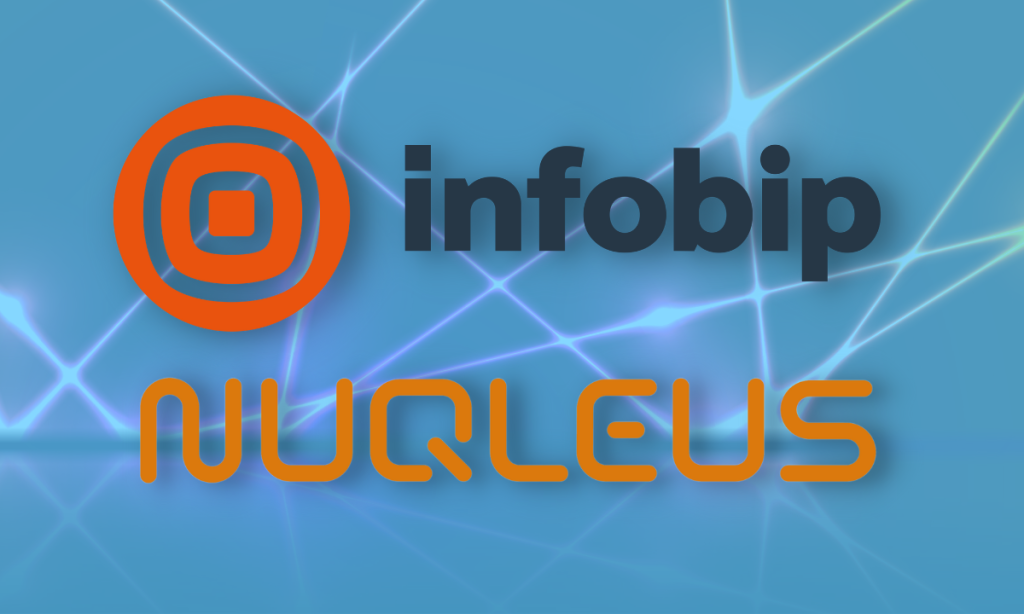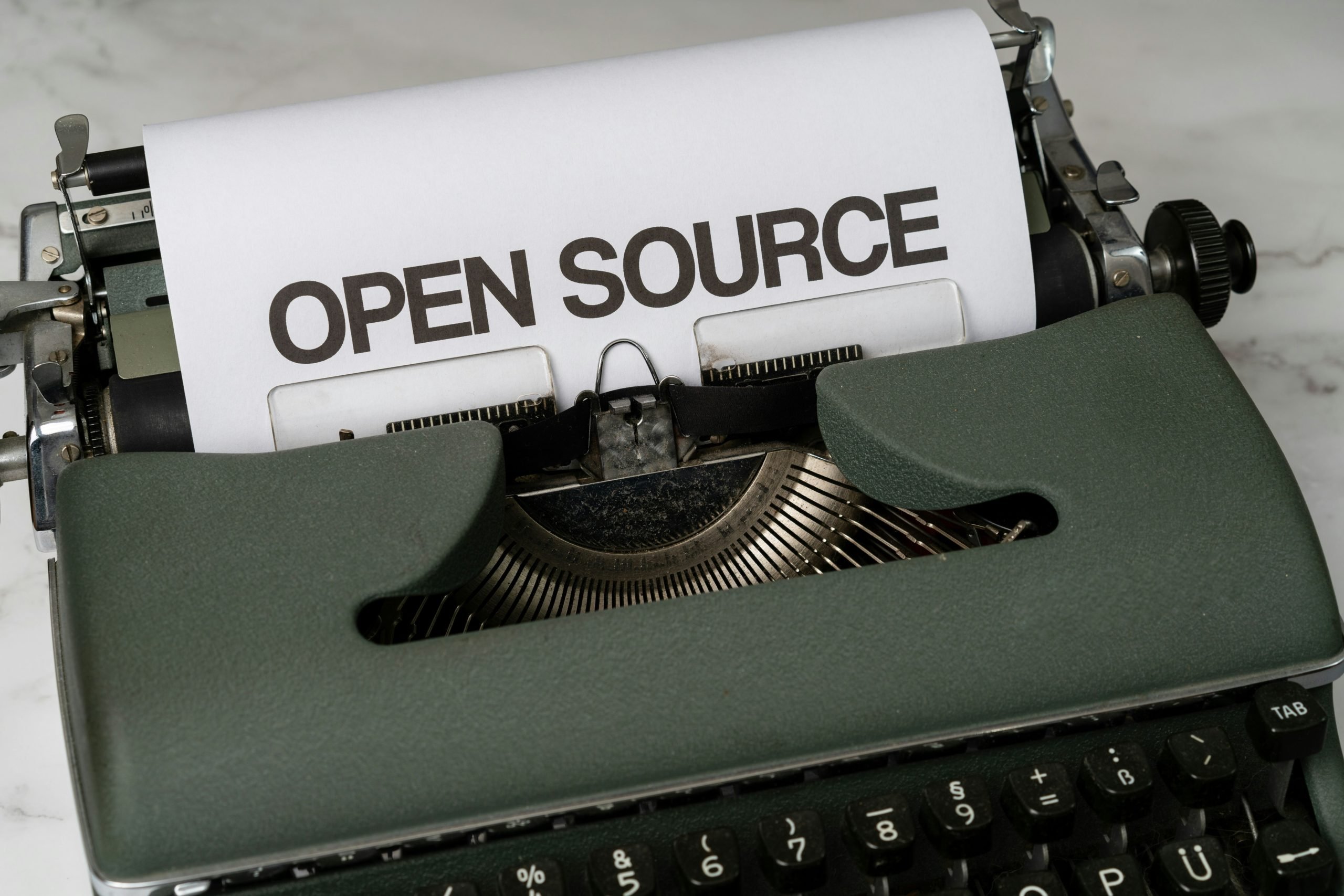
Listen up, developers, tinkerers, and venture builders! We are teaming up with Nuqleus, a deep-tech venture builder. The program aims to support the commercialization of scientific research results by providing education, industry connections, and support in business development.
This is where we come in, with our communication industry knowledge and experience in scaling systems.
We’ve always strived to send a message to every person in the world. It’s something that motivates us and keeps us innovating. It makes us seek out new clients and communication needs, connect with new mobile operator partners, expand to new markets, and look for new spaces where communication is taking place.
Starting with humble SMS, we have achieved global reach; we can deliver those messages anywhere. We expanded the range of our products, from marketing and call center solutions for enterprise companies to spam-filtering firewalls used by mobile operators. These helped us grow partnerships and garner interest with our message-sending clients.
From flip phones into the Metaverse
But we also need to keep an eye on the people at the other end of this communication, the message recipients.
When Infobip was starting back in 2006, feature phones were the norm; iPhone wasn’t invented yet. At that time, SMS was the best way to reach people, so that’s what we sent. The world has since gone through the smartphone revolution, so today, Infobip delivers messages over WhatsApp, Viber, and many other chat applications. We also offer SDKs for our clients to build bespoke mobile apps on top of.
Don’t get me wrong, we still deliver SMS but recognize the importance of meeting people where they are.
That is what keeps us looking forward. What is the platform of the future? Where will we be reaching out to people in 10 years’ time? A significant part of the tech industry is betting that VR and AR will power the next platform, brought together under a single umbrella term: Metaverse. Facebook is so sure of this that they rebranded to Meta. And Linux Foundation announced the launch of the Open Metaverse Foundation to help build interoperability and open standards into the core of this emerging platform.
This technology will bring new form factors, platforms, and challenges. It will also offer unique opportunities, especially to those willing to invest time and creativity at this early stage.
What will communication and identity look like in the metaverse?
That is where Nuqleus, focused on building deep-tech startups, fits in perfectly.
And wherever humans use technology, there’s also a need to communicate. That’s why Infobip is looking to partner with metaverse pioneers to work together on figuring out what messaging in VR looks like, how delivering messages in Metaverse will work, and even what personal identity means in this context.
It is the unique blend of fast-innovating startups, meticulous approach of academia, and experience with the needs and opportunities of the communication industry that Infobip has that makes this collaboration a perfect fit.
Even if it’s guaranteed that Metaverse will emerge as the next computing platform, it’s still uncertain what the implementation of it will look like. Developing new protocols and standards, cooperating with industry leaders, providing reference implementations, and setting the groundwork for the future – that’s the work cut out for all of us here.
Happy to mentor you!
This is the kind of work that makes me personally excited to be part of this project.
Given my mathematical background, protocols, and algorithms have always held my interest. I’ve also devoted a lot of my time working in Infobip to mentoring and helping new colleagues develop their skills. I’m looking forward to expanding this work to our perspective Nuqleus partners.
It’s not just theory either: I look forward to ensuring the scalability of all solutions we come up with together. This work is about setting the foundations of the future of communication, and I’m here to help ensure it one day reaches every person on Earth.
